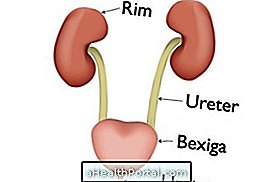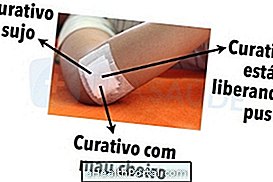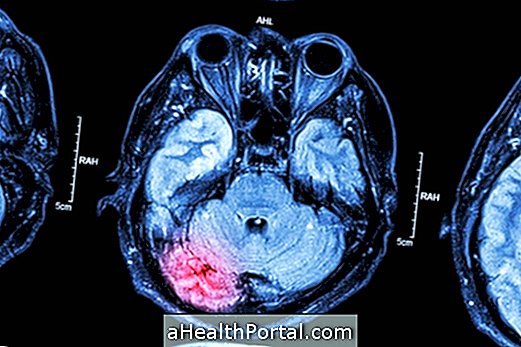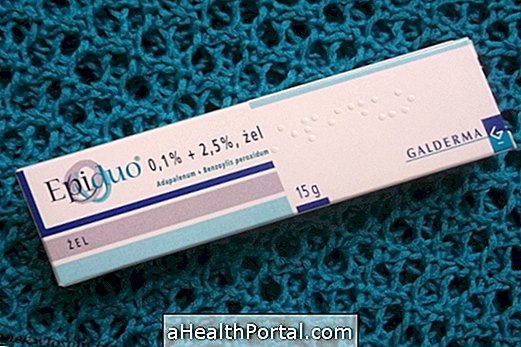One of the treatment options for autism is music therapy because it uses music in all its forms with active or passive participation of the autistic, achieving good results.
Through music therapy the autistic can communicate in a non-verbal way expressing their feelings and, because in the sessions the important thing is to participate and not only achieve some result, it develops the self-esteem. See other forms of treatment by clicking here.

Benefits of Music Therapy for Autism
The benefits of music therapy for autism include:
- Facilitation of verbal and non-verbal communication, visual and tactile contact;
- Decreased stereotyped movements;
- Facilitation of creativity;
- Promotion of emotional satisfaction;
- Contribution to the organization of thought;
- Contribution to social development;
- Expansion of interaction with the world;
- Decreased hyperactivity;
- Improvement of the quality of life of the autistic and his family.
These benefits can be achieved in the long term, but as early as the first sessions the autistic involvement can be noted and the results achieved are maintained throughout life.
The music therapy sessions must be performed by a certified music therapist and the sessions can be individual or group, but the specific objectives for each one should always be individualized.























